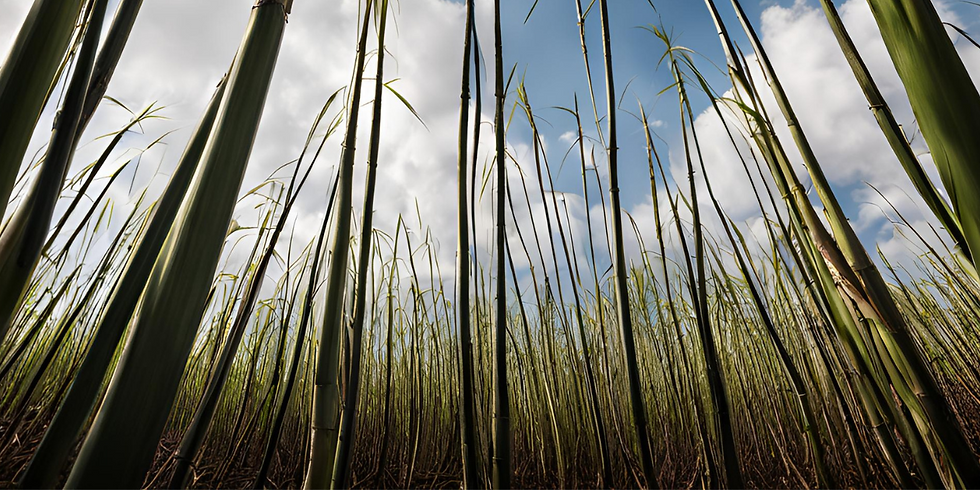

How Far We've Come

A groundbreaking and critically-acclaimed debut novel of friendship and freedom that crosses continents and centuries, in a timeslip story exploring the legacy of slavery, selected as The Times Children's Book of the Week.
’Sometime, me love to dream that me is a human, a proper one, like them white folks is.’
Enslaved on a plantation in Barbados, Obah dreams of freedom. As talk of rebellion bubbles up around her in the Big House, she imagines escape. Meeting a strange boy who’s not quite of this world, she decides to put her trust in him. But Jacob is from the twenty-first century. Desperate to give Obah a better life, he takes her back with him. At first it seems like dreams really do come true – until the cracks begin to show and Obah sees that freedom comes at an unimaginable cost . . .
Hopeful and devastating, this powerful novel about equality, how far we’ve come, and how far we still have to go, introduces an extraordinary new literary voice.


Praise

How Far We’ve Come is Back to the Future meets Gone With the Wind, but instead of going back in time to ensure her parents get together at the high school prom, teenage Obah must use the gift of time travel to liberate everyone who is enslaved with her on a plantation in 1830s Barbados. A considerably greater challenge, then, than any that faced Marty McFly. “Babes born white cry drops of silver, but the babe born black like we? Him cry salt tears.”
— The Times
Octavia Butler for a teen readership, Harmer’s debut novel follows Obah, an enslaved girl on a Barbados plantation, as she meets a white boy unlike any of the brutal ones she’s known – a boy who comes from the 21st century. When she decides to trust Jacob, and go with him to his own place and time, she discovers undreamt-of freedom, at an unbearable cost. Both hopeful and heartbreaking, this gripping book turns a searchlight on the changing faces of injustice through time.
— The Guardian
This is a seriously impressive debut, the kind of book that is bound to win prizes not just because it tackles important issues —though it certainly does - but because it does so skilfully. The authenticity of Obah’s voice and worldview never falters, never gives in to easy or reductive answers, and we come to understand her world and its limitations, as well as seeing our own through fresh eyes. Read it now.
— The Irish Times
Publication day, 23 May 2023




















